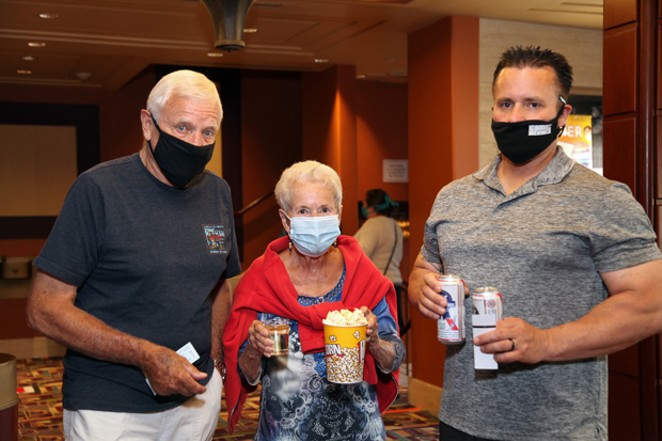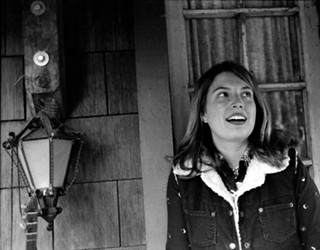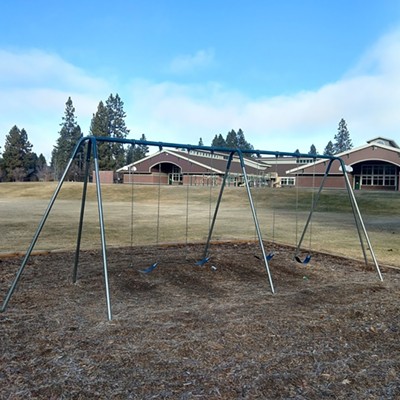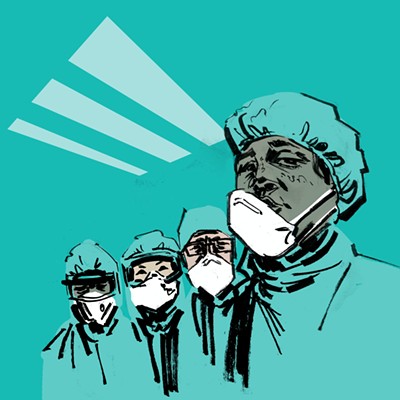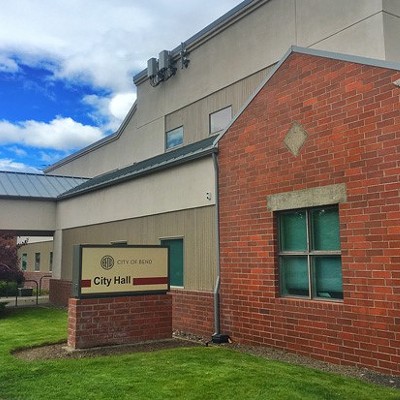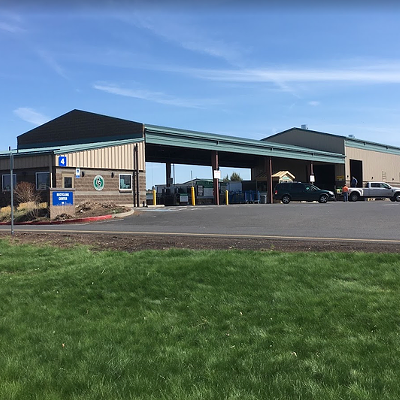Reporting on COVID-19 has become a numbers game: How many cases? How many deaths? How many people unemployed? How many ventilators? How many hospital beds?
But lost within these statistics are the emotional and social costs of forced isolation. Music events and festivals were the first on the chopping block when the COVID-19 pandemic began, and they'll be the last to come back. Gov. Kate Brown's current phased plans for reopening suggest that large events won't return to Oregon until a vaccine or treatment is widely available.
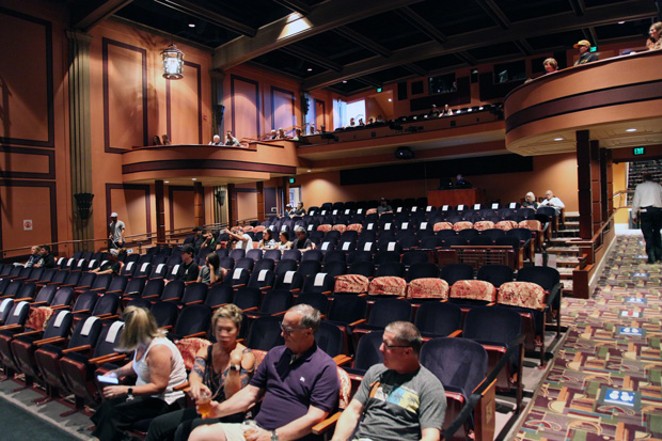
This week, three local event promotors discussed the deeper impacts of canceled events on the social health of the community. They said the losses go far beyond lost revenues: These events are something to look forward to, offering a chance to connect with old friends and perhaps most importantly, a tangible feeling of belonging.
"If you look at social gathering as a core foundation of how a community keeps its mental health and physical health, [communities thrive] when they have a sense of connectivity," said Cameron Clark, who runs the production company, C3 Events. It began hosting the NorthWest Crossing Saturday Farmers Market in June this year. "These events have propagated and germinated and grown into really robust functioning things throughout the entire region. They contribute to a collective sense of happiness. Communities that gather have a higher social health index."
Clark was a recent guest on the Source Weekly's "Bend Don't Break" podcast, where he spoke about the social impacts of limited gatherings and canceled events. The podcast is hosted by the Source's publisher Aaron Switzer, who owns Lay It Out Events, and also shared his experience as the head of one of the region's largest event companies.
“I think the fact that music has largely gone quiet is a metaphorical thing going on for all of us, like when the music strops the soundtrack of joy goes away.”—Cameron Clark
tweet this
The Index of Social Health was published yearly by the Institute of Innovation in Social Policy from 1987-2010 and measured 16 social indicators including child abuse and poverty, teenage suicide and drug abuse, unemployment, health insurance coverage, alcohol-related traffic fatalities, food insecurity, housing, income inequality and unemployment. More recently, the federal government's Healthy People 2020 campaign has been tracking similar metrics.
Putting on a weekly market
Farmers markets, because they provided essential goods, were never officially closed down. Clark decided it was worth going to the trouble to put on the weekly markets, serving as both a gathering ritual and providing some financial stability to farmers.
"I think people who live here come to look forward to that, and there's just a sense of despair attached to not being able to see people and meet new people and hug people and connect," Clark said.
This year, the Northwest Crossing farmers market includes a lineup of Central Oregon musical acts, including B Side Brass Band, Third Seven and Popcorn.
"I think the fact that music has largely gone quiet is a metaphorical thing going on for all of us, like when the music stops, the soundtrack of joy goes away," Clark said.
The Tower Theatre presses on
For Amanda Bird—the communications manager at the Tower Theatre and longtime music lover—the physical experience of being in a theater, and sharing that poignant space with the performers, was part of why she went to shows in the first place.
"There's something so magical and special about going to a live event," Bird said. "I go to concerts and plays because of the emotional connection. You have the memory of that night that lasts a lifetime."
According to Bird, since the Tower Theatre first shut down March 12, it's had to cancel 55 events and lost $450,000 in ticket and rental revenue. It's had to dip into its preservation reserves to make ends meet.
Gov. Kate Brown's most recent announcement banning gatherings of more than 100 people didn't really change the Tower's most recent plans to reopen. The staff calculated how many people it could have in the theater at a time: it's capacity went from 466 to 80 people which includes performers and staff.
"We're not going to have big names at $150 a head," Bird said
Instead of radically transforming its mission to pivot to livestreamed events, the staff decided to focus on the local community by highlighting the talent of local artists, musicians and dancers. Bird said by showcasing local talent, it also discourages out-of-town travel for events, and allows the theater more flexibility to pull back in the event of another lockdown. The next large, local production "Titanic the Musical" will be performed by Thoroughly Modern Productions there from Sept. 11-20.
"We won't see the ramifications of all of this for a long time, but it's two-sided. For the individual musicians, that is their expression, their art form and how they make money. And then on the consumer side, yes it's great to watch on screens [from home] but it's impossible to replace the experience of coming together at a live performance. It's very jarring, emotionally, culturally, creatively and financially.
"On a human level, people need people; we are communal in nature, and isolation is detrimental to our psyche," she said. "We know from science that music heals, babies [who] can't even talk know how to dance, people with amnesia remember songs even when they've lost most other memories."
Switzer of Lay It Out Events said the prolonged absence of cultural gatherings has had destructive psychological consequence for people in the community—especially those who form part of their identity around being a part of these festivals and events every year.
"When there's discussions about the impact of the virus on the community, we talk about economics, we talk about safety, but there are those other things that go into the equation," he said.
"When we do reopen, people are going to have a newfound appreciation for these events. They aren't just entertainment, they are not just fun, there's something that is a core part of who we are as humans. We long for connection and it adds to our sense of health and vitality."


